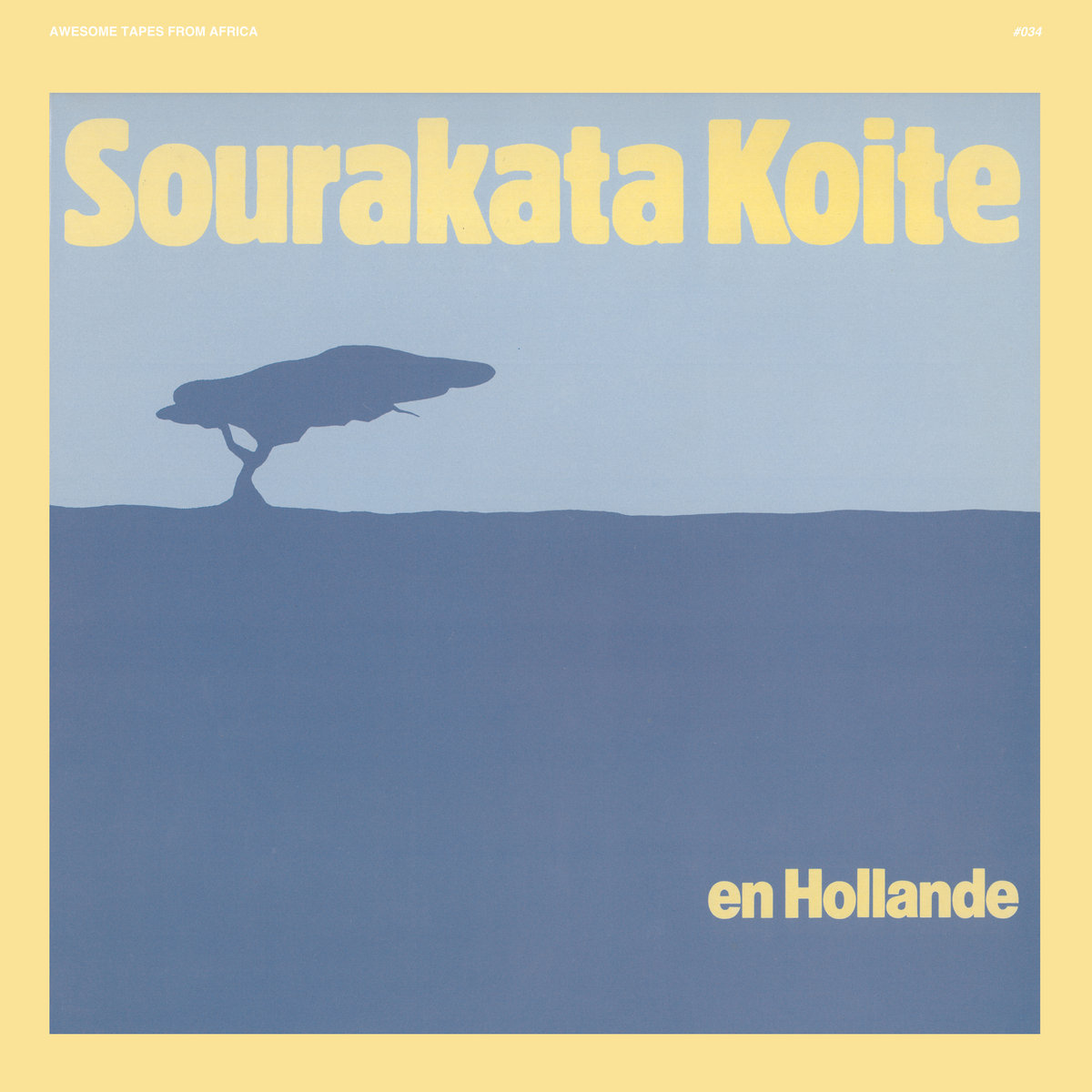18 € delete

Voodoo Child The End Of Everything LP – CD Trophy Records
23,5 € delete
Subtotal
42,5 €
Shipping and final taxes will be calculated at checkout

